INSAR 2022
Recent articles
Psychiatric conditions hospitalize almost one in three autistic women by age 25
The findings, based on Swedish national registry data, suggest a critical need to expand mental health services for autistic people.

Psychiatric conditions hospitalize almost one in three autistic women by age 25
The findings, based on Swedish national registry data, suggest a critical need to expand mental health services for autistic people.
Sleepy mice with autism-linked mutation struggle to fall asleep
Mice with a mutated copy of SHANK3 fail to establish normal sleep patterns during development.
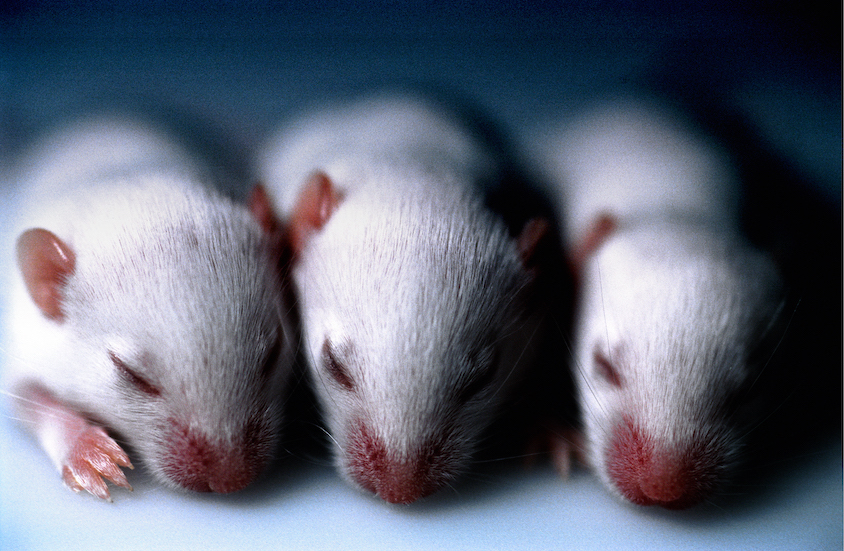
Sleepy mice with autism-linked mutation struggle to fall asleep
Mice with a mutated copy of SHANK3 fail to establish normal sleep patterns during development.
Modified CRISPR tool boosts UBE3A levels in mice
A deactivated form of the gene editor restores UBE3A expression in mice and human neurons without cutting the genome. It may hold promise for future Angelman gene therapies.
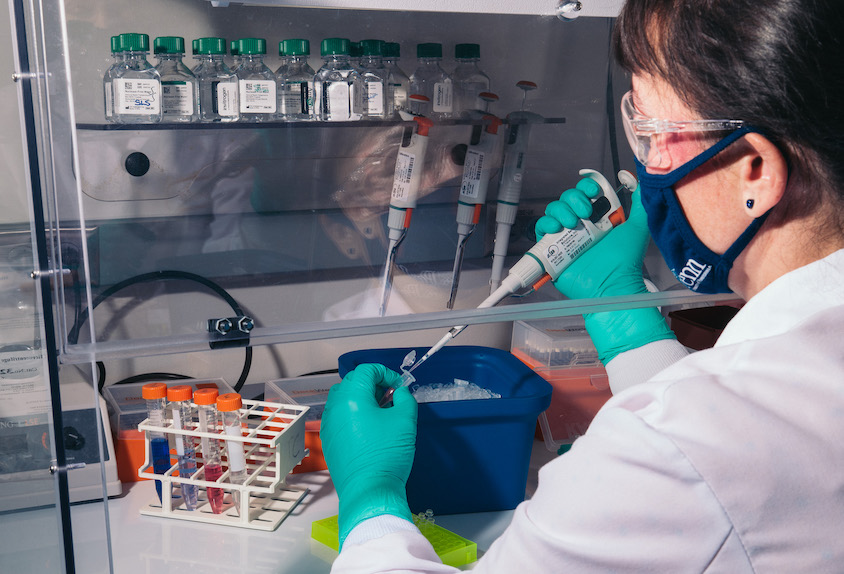
Modified CRISPR tool boosts UBE3A levels in mice
A deactivated form of the gene editor restores UBE3A expression in mice and human neurons without cutting the genome. It may hold promise for future Angelman gene therapies.
Structural brain changes foretell language skills in autistic infants
Increased white-matter maturation tracks with stronger language abilities later in childhood, but the relationship with cortical thickness is less clear.
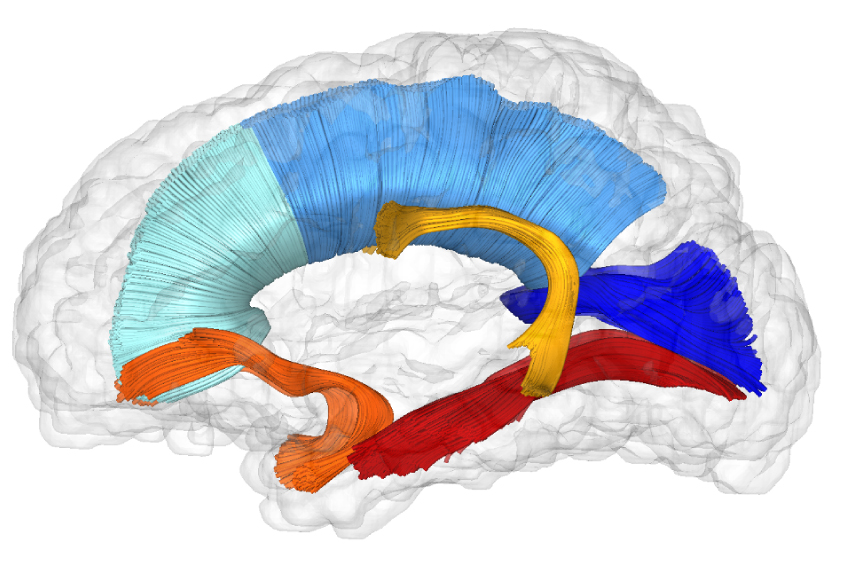
Structural brain changes foretell language skills in autistic infants
Increased white-matter maturation tracks with stronger language abilities later in childhood, but the relationship with cortical thickness is less clear.
Researchers publish new dataset on minimally verbal autistic people
Researchers at the Massachusetts Institute of Technology published the first repository of vocalizations from minimally verbal autistic people. Those with few or no spoken words still produce a range of phonemes, or units of sound, that may serve as developmental markers or intervention targets.
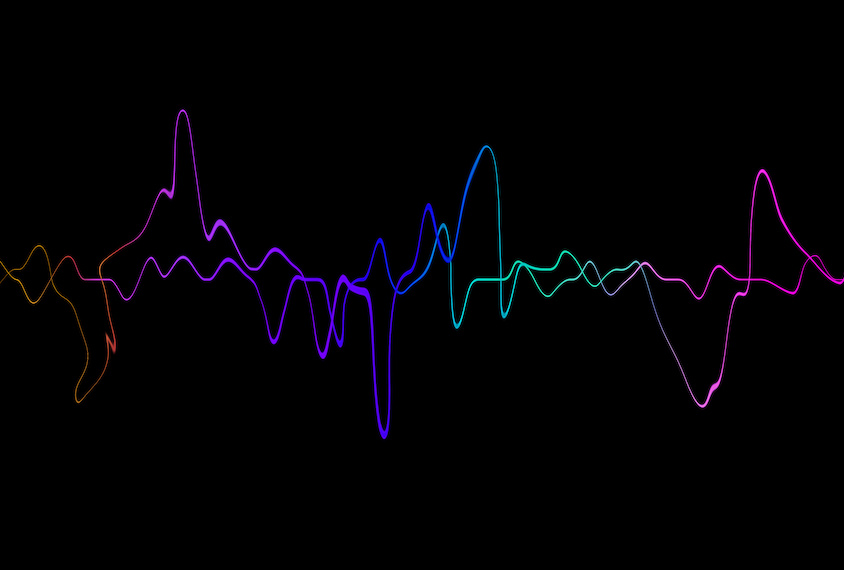
Researchers publish new dataset on minimally verbal autistic people
Researchers at the Massachusetts Institute of Technology published the first repository of vocalizations from minimally verbal autistic people. Those with few or no spoken words still produce a range of phonemes, or units of sound, that may serve as developmental markers or intervention targets.
Fever doesn’t ease challenging traits in most autistic children
The findings contradict a previous study, whose design may have been biased to find an effect.
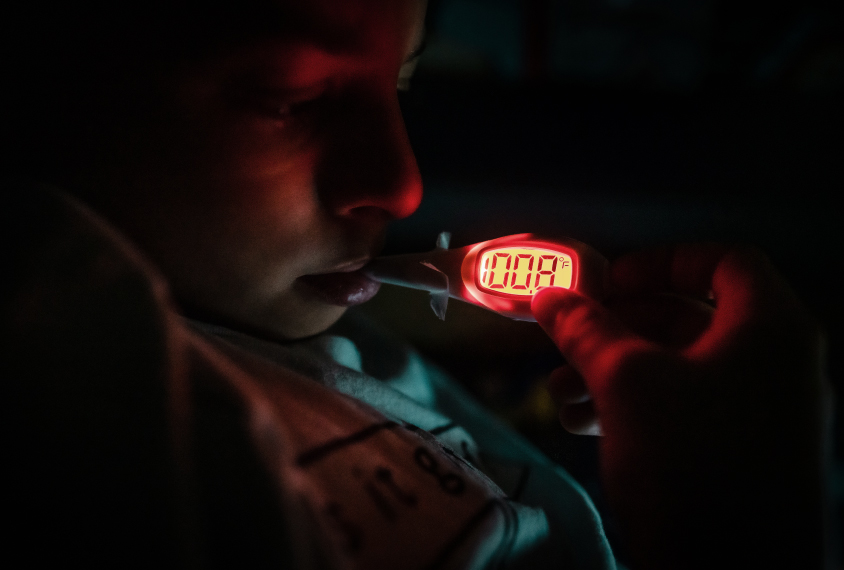
Fever doesn’t ease challenging traits in most autistic children
The findings contradict a previous study, whose design may have been biased to find an effect.
Autistic LGBTQ+ people report frequent mental health problems
The co-occurring conditions may stem from the heightened stress people in minority communities experience.

Autistic LGBTQ+ people report frequent mental health problems
The co-occurring conditions may stem from the heightened stress people in minority communities experience.
Novel gene linked to brain size in autistic people
The gene, YTHDF2, may be one of several that contribute to an autism subtype marked by an unusually big brain.
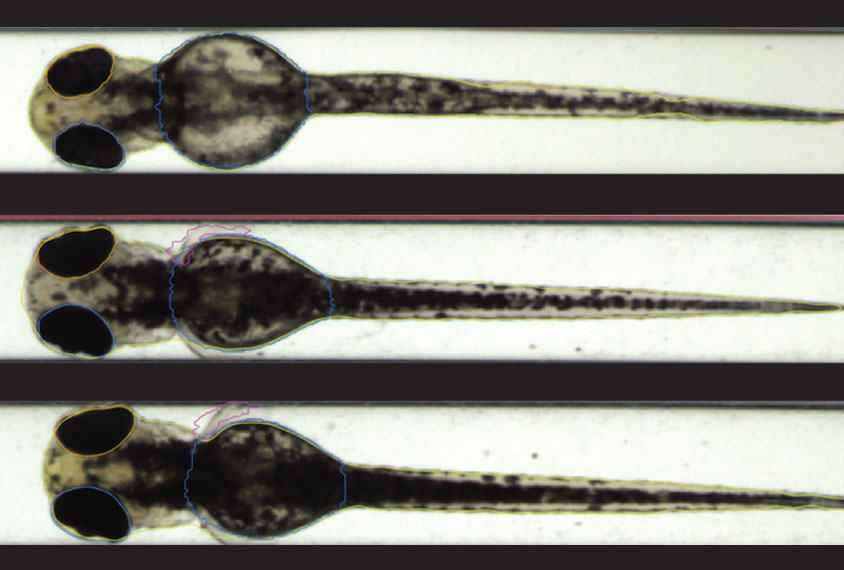
Novel gene linked to brain size in autistic people
The gene, YTHDF2, may be one of several that contribute to an autism subtype marked by an unusually big brain.
Clinicians lack confidence in diagnostic interviews with Black mothers
Implicit biases might be to blame, and the discrepancy persists across clinics, regardless of maternal education, family income and a child’s IQ score.

Clinicians lack confidence in diagnostic interviews with Black mothers
Implicit biases might be to blame, and the discrepancy persists across clinics, regardless of maternal education, family income and a child’s IQ score.
INSAR Community Newsletter: Tweets & murmurs from Day Three
We are covering the talks in Austin, Texas, this week, plus what the research community is talking about online, in the Lone Star Ballroom and around town.
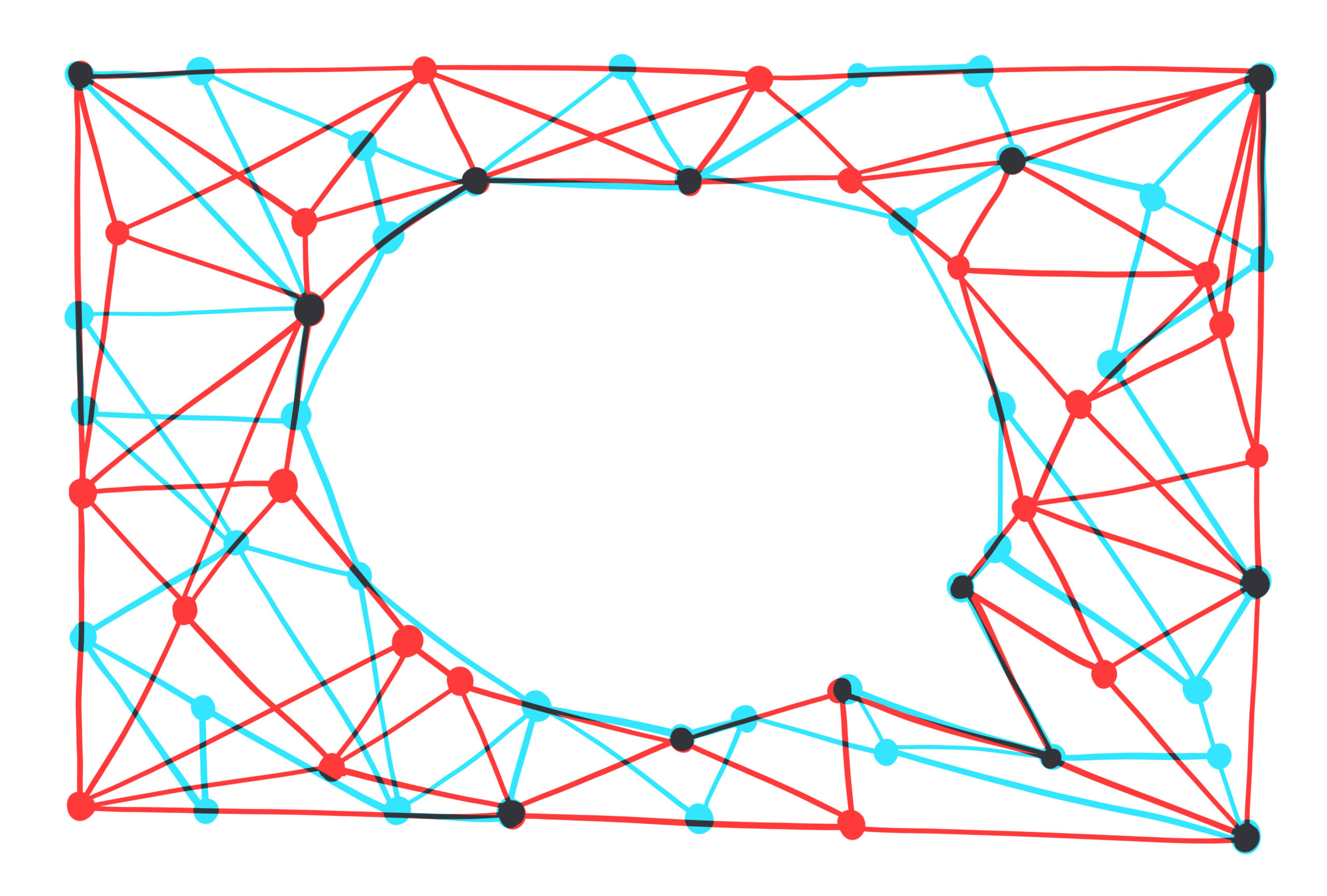
INSAR Community Newsletter: Tweets & murmurs from Day Three
We are covering the talks in Austin, Texas, this week, plus what the research community is talking about online, in the Lone Star Ballroom and around town.
Explore more from The Transmitter
This paper changed my life: Ishmail Abdus-Saboor on balancing the study of pain and pleasure
A 2013 Nature paper from David Anderson’s lab revealed a group of sensory neurons involved in pleasurable touch and led Abdus-Saboor down a new research path.

This paper changed my life: Ishmail Abdus-Saboor on balancing the study of pain and pleasure
A 2013 Nature paper from David Anderson’s lab revealed a group of sensory neurons involved in pleasurable touch and led Abdus-Saboor down a new research path.
Sex bias in autism drops as age at diagnosis rises
The disparity begins to level out after age 10, raising questions about why so many autistic girls go undiagnosed earlier in childhood.

Sex bias in autism drops as age at diagnosis rises
The disparity begins to level out after age 10, raising questions about why so many autistic girls go undiagnosed earlier in childhood.
Microglia implicated in infantile amnesia
The glial cells could explain the link between maternal immune activation and autism-like behaviors in mice.

Microglia implicated in infantile amnesia
The glial cells could explain the link between maternal immune activation and autism-like behaviors in mice.